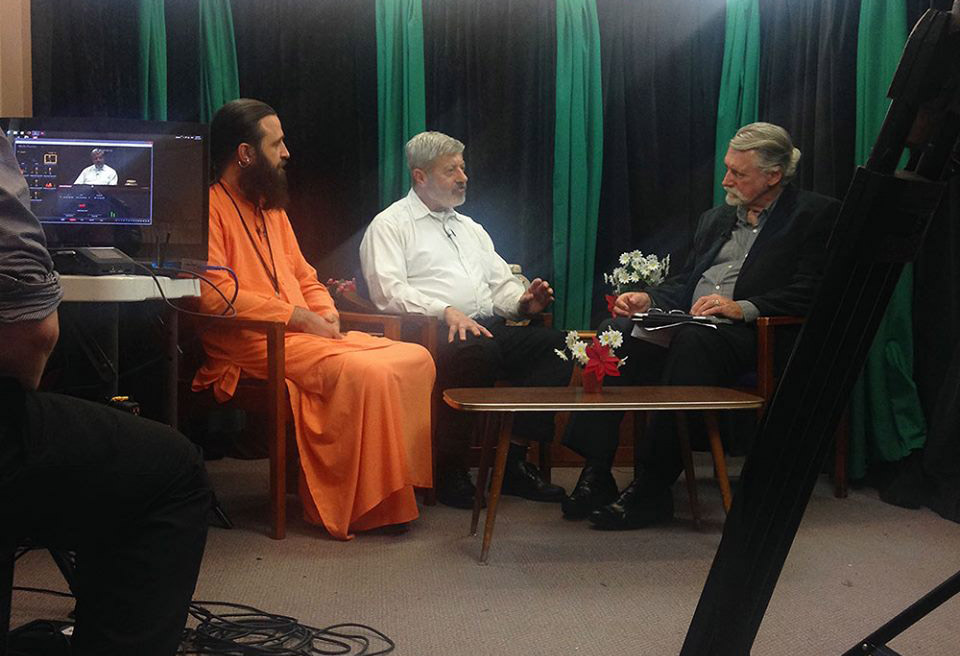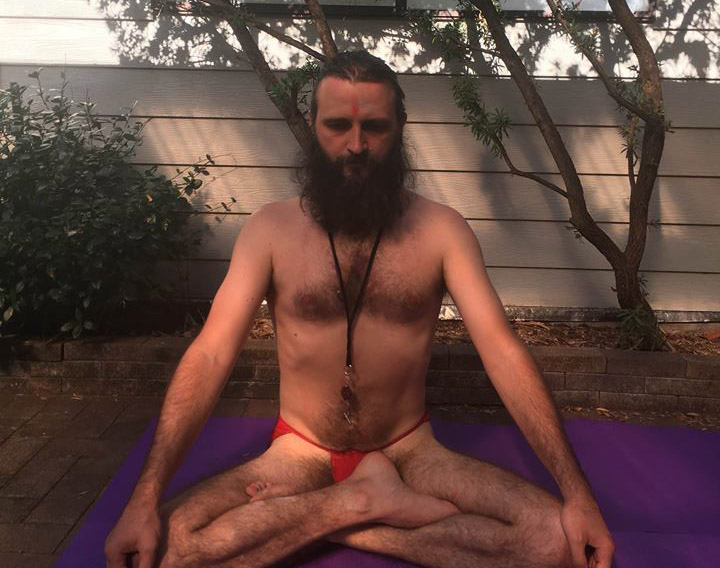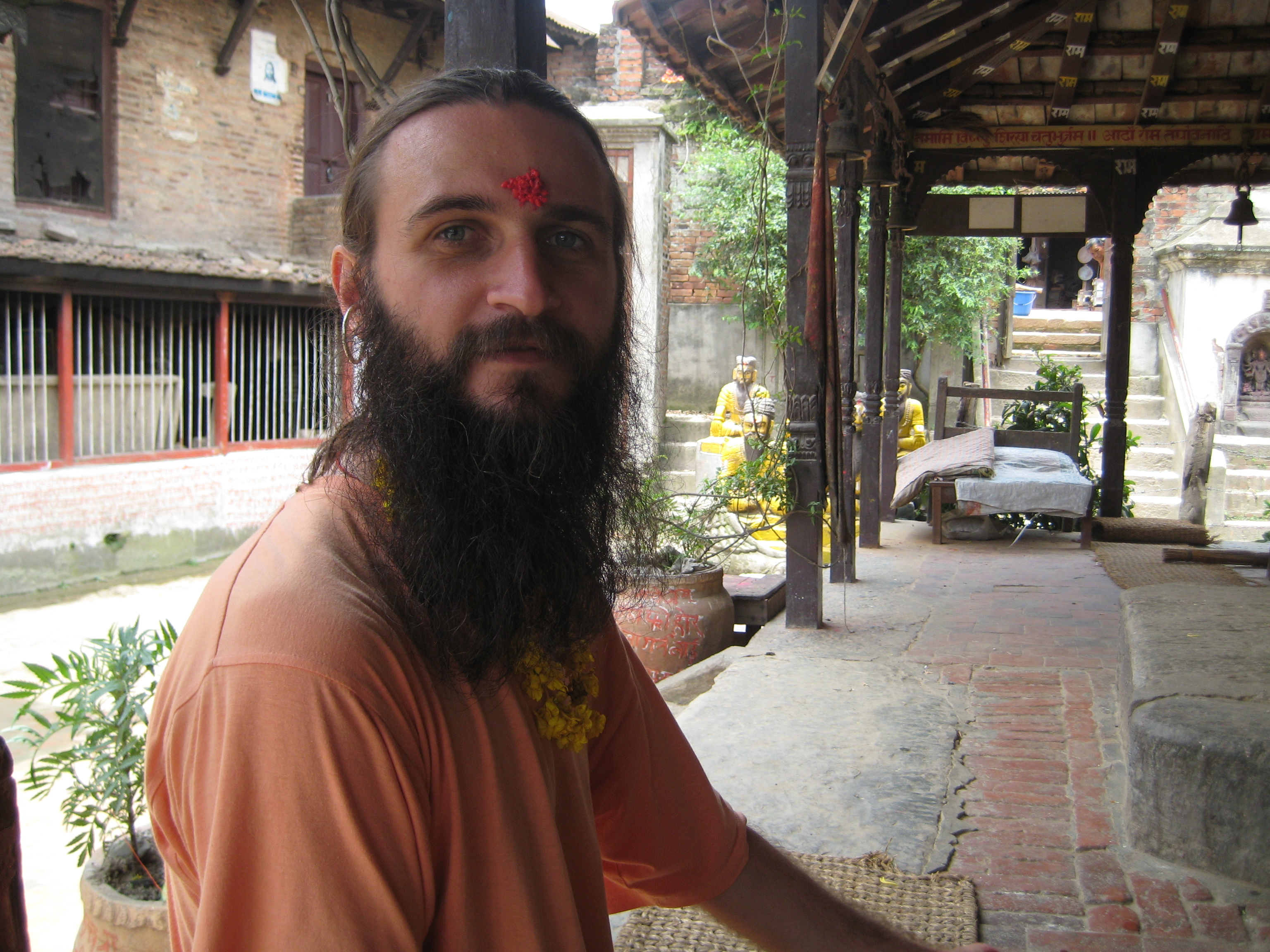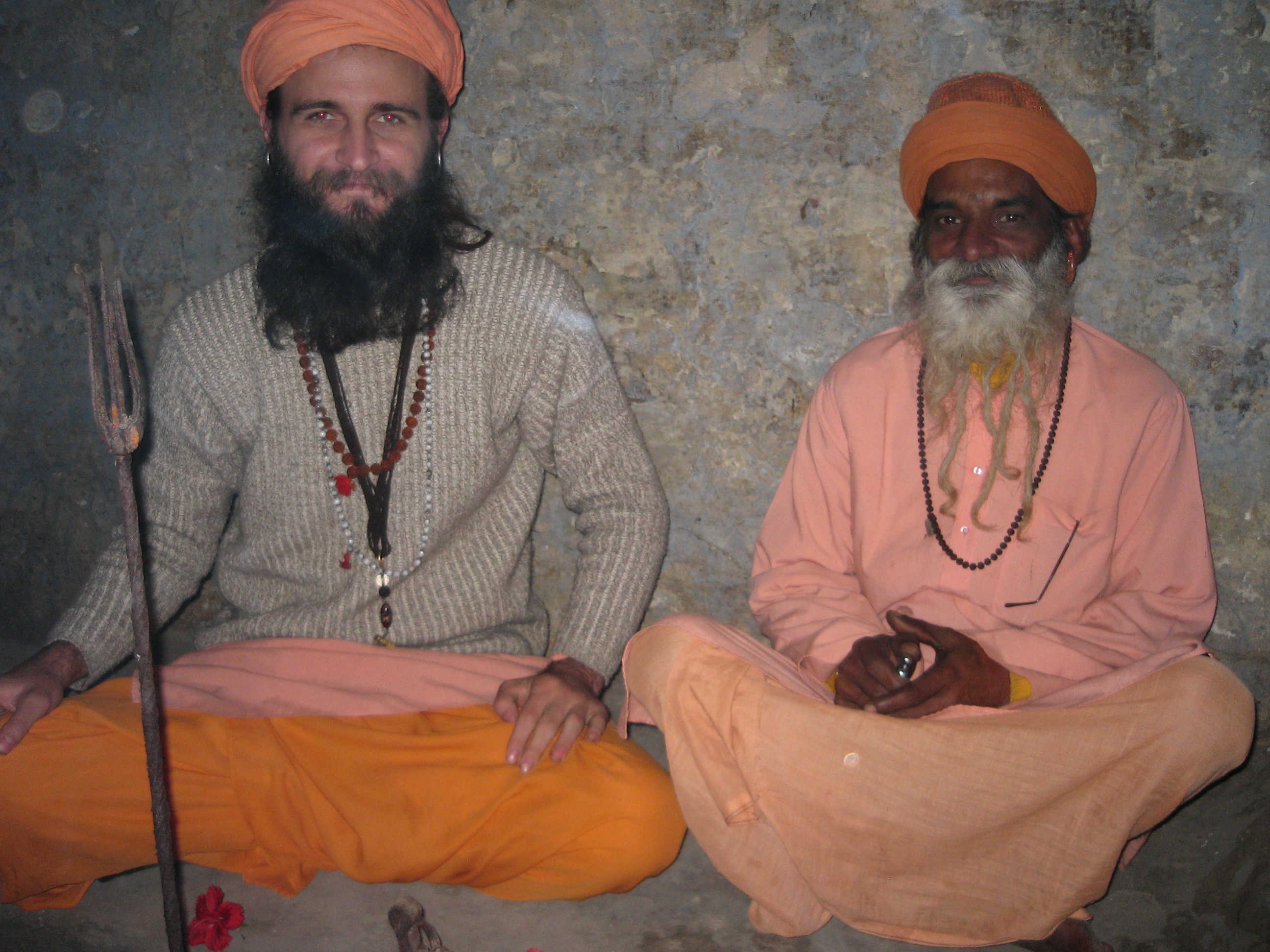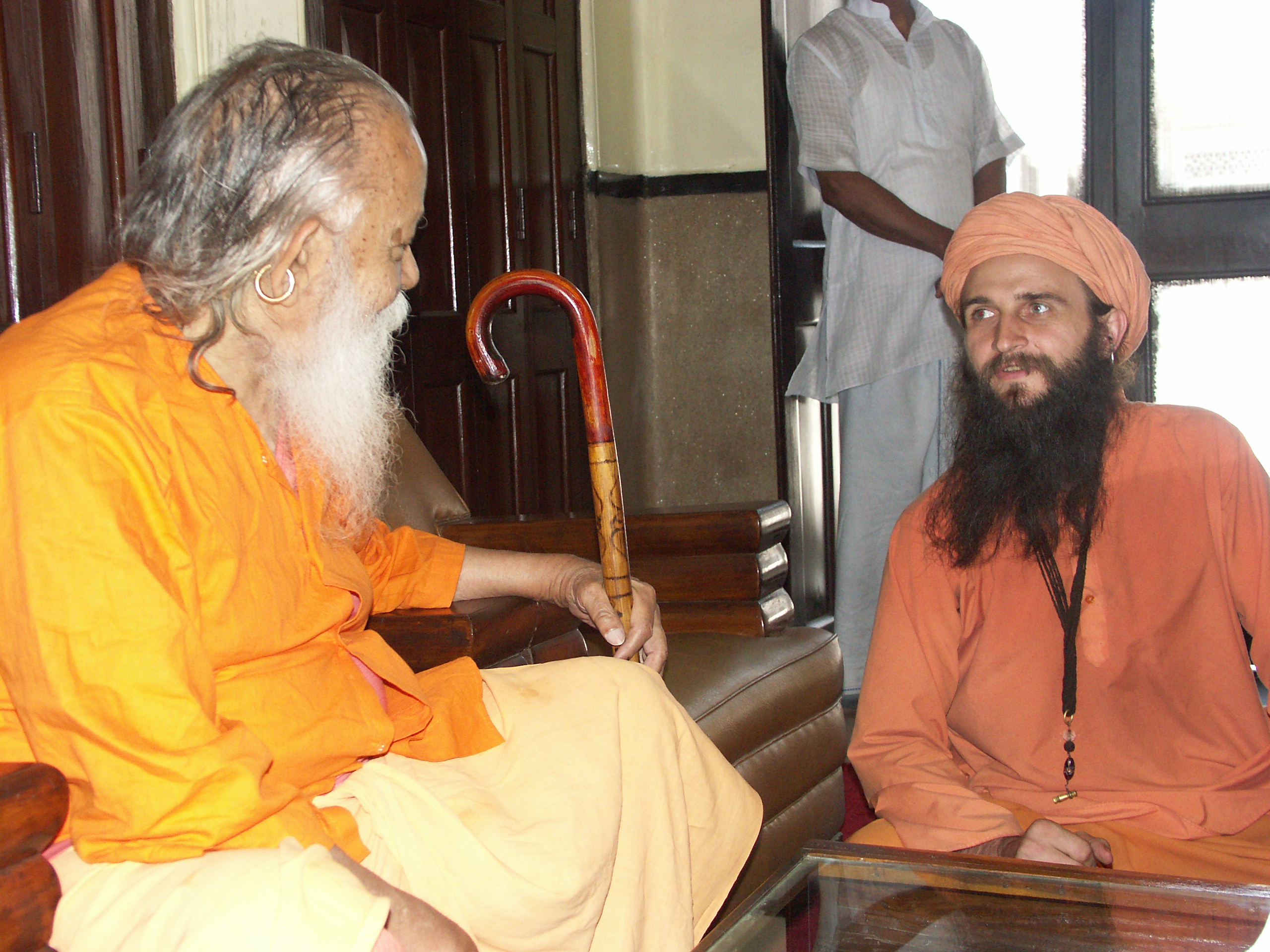Vijñānabhairava-tantra 107 Omnipresence
Summary of discussion on Vijnana-bhairava-tantra made by Guru Yogi Matsyendranath and Rev. John Dupuche
स्ववद् अन्यशरीरेऽपि संवित्तिमनुभावयेत्।
अपेक्षां स्वशरीरस्य त्यक्त्वा व्यापी दिनैर् भवेत्॥ १०७॥
svavad anyaśarīre’pi saṁvittimanubhāvayet |
apekṣāṁ svaśarīrasya tyaktvā vyāpī dinair bhavet || 107 ||
“Leaving aside any consideration of his own body, he should experience the consciousness present in another’s body. In a matter of days he will become all-pervading.”
This remarkable śloka develops the theme of mindfulness. The awareness involved here is not of an object or situation or of one’s own mind, but consciousness of another’s consciousness. The practitioner experiences (anubhāvayet) another person’s state of mind (saṁvittim).
This requires on the part of the practitioner a self-emptying, a detachment (tyaktvā) from one’s own limited human condition, one’s own desires and revulsions, self-concept, and anxieties, which are signified by the word ‘body’ (śarīra). This purification allows a clear vision of the other in the deepest part of their being, namely their consciousness, which is not ethereal but embodied.
By freedom we perceive freedom. Clear vision alone can fully perceive the truth of another. Thus the detachment from one’s own ‘body’ enables the practitioner to perceive the consciousness in another’s ‘body’ (anyaśarīre) in all its limitations. One is not limited by the limitations of another.
As a result, the practitioner becomes omnipresent (vyāpī) in a matter of days (dinair). The perception penetrates everywhere, into vegetation as well as into blooded creatures, the ‘mobile and immobile’, even into the darkest recesses.
This is ultimately possible because there is in fact one consciousness. For those who are fully enlightened, there is no distinction between this awareness and that awareness. There is one mind. This is in keeping with the Gospel of St John 1:4 ‘the Word is the Light that enlightens all people’. Or again, according to Kashmir Shaivism, there is one Śiva who is ultimate consciousness. The Qur’an speaks of Allah breathing his breath into human beings, so that the one divine breath unites them all.
This practice involves becoming aware not only of the deepest truth of others but also of their limited consciousness, indeed their impure consciousness. Only the pure can perceive the impure, whereas impurity is self-defeating because it clouds perception. The awareness of the other’s consciousness comes gently and smoothly, for it is understanding, compassionate and sensitive. And by its presence, the other is assuaged and calmed and satisfied. It has a healing effect.

